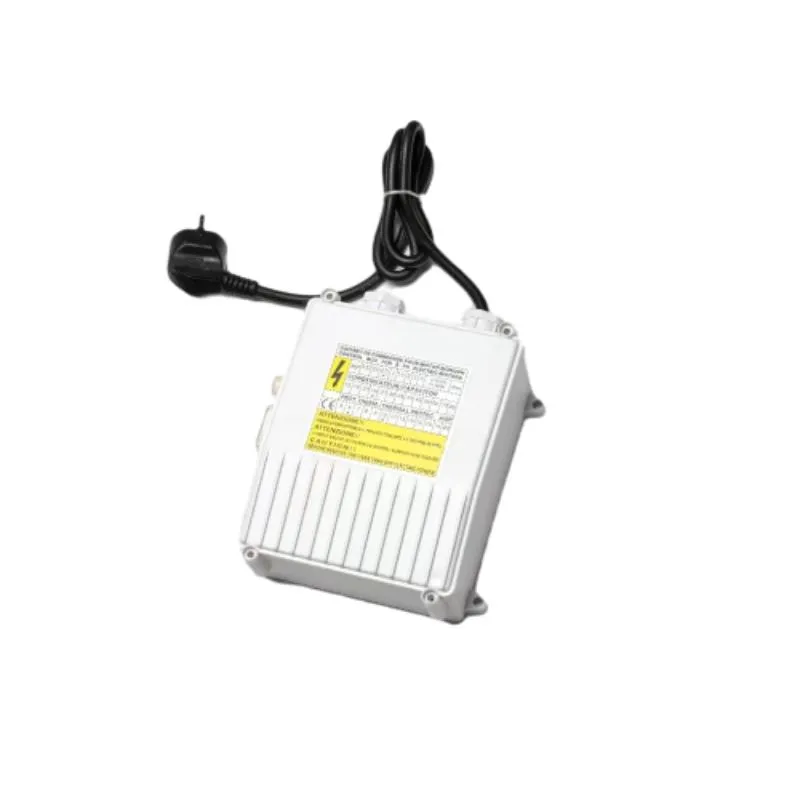The Essentials of Heat-Resistant Electrical Tape
Electrical tape is a crucial component in many electrical applications, ensuring that wires are insulated and protected from environmental factors. Among the various types available, heat-resistant electrical tape stands out due to its superior performance under high-temperature conditions. This article will delve into the features, benefits, applications, and selection criteria of heat-resistant electrical tape.
What is Heat-Resistant Electrical Tape?
Heat-resistant electrical tape is specifically designed to withstand elevated temperatures without losing its adhesive properties or structural integrity. It is typically made from materials such as polyimide, fiberglass, or silicone, which are known for their thermal stability. The tape can endure temperatures ranging from 150°C (302°F) to 260°C (500°F) or more, making it ideal for applications where traditional electrical tapes might fail.
Key Features
1. Temperature Resistance As the name suggests, the primary feature of heat-resistant electrical tape is its ability to perform at high temperatures. This is crucial in industries where machines and electrical components generate significant heat.
2. Electrical Insulation Like standard electrical tape, heat-resistant variants provide excellent insulation, preventing short circuits and protecting wires from damage.
3. Durability These tapes are often resistant to abrasion, chemicals, and moisture, ensuring longevity in harsh environments.
4. Adhesive Strength The adhesive used in heat-resistant tapes is formulated to function effectively even under heat stress, allowing for reliable bonding.
5. Versatile Application This type of tape can be utilized in various settings—ranging from industrial machinery to automotive applications—where heat is a concern.
Benefits of Using Heat-Resistant Electrical Tape
1. Safety Using heat-resistant tape significantly lowers the risk of electrical fires, as it helps to contain heat and prevent deterioration of insulation materials.
2. Reliability In high-temperature environments, electrical components are put under stress. Heat-resistant tape can stay intact and maintain its properties, ensuring the reliability of the system.
3. Cost-Effective Solutions By preventing failures and prolonging the lifespan of electrical systems, this tape can ultimately save money on repairs and replacements over time.
heat resistant electrical tape

Applications of Heat-Resistant Electrical Tape
Heat-resistant electrical tape is used across a range of industries and applications
1. Automotive In vehicles, heat-resistant tape is essential for insulating wiring harnesses and components that endure high temperatures from engines and exhaust systems.
2. Consumer Electronics This tape is often used in electronic devices where heat generation is a concern, such as computers, televisions, and appliances.
3. Aerospace In the aerospace industry, the tape is used to protect wiring and components from extreme temperatures encountered in flight.
4. Industrial Machinery Machines that operate at high temperatures often rely on heat-resistant electrical tape for insulation and protection of electrical systems.
5. Home Improvement For DIY projects that involve high-temperature appliances, homeowners may utilize heat-resistant electrical tape to ensure safety and longevity.
How to Choose the Right Heat-Resistant Electrical Tape
When selecting heat-resistant electrical tape, consider the following factors
1. Temperature Rating Ensure that the tape can handle the specific temperature requirements of your application.
2. Material Composition Different materials may provide varying levels of performance. Selecting the right material for the environment is essential.
3. Adhesive Type The effectiveness of the adhesive is crucial for long-term use; consider the environment and substrate when choosing.
4. Width and Thickness Depending on the application, the size of the tape needed may vary. Be sure to choose the right dimensions for snug and safe application.
In conclusion, heat-resistant electrical tape is an invaluable tool in ensuring electrical safety and reliability in high-temperature conditions. Whether in industrial, automotive, or household applications, its unique properties make it essential in various sectors. By understanding its features, benefits, and applications, users can make informed choices to enhance their electrical systems' performance and safety.
-
XIANGFAN Rubber Tape-Ultimate Solutions for All Your Insulation NeedsNewsJun.24,2025
-
XIANGFAN Rubber Tape-Protection for Industrial and Residential ApplicationsNewsJun.24,2025
-
XIANGFAN Rubber Tape: Superior Safety and Sealing for Demanding EnvironmentsNewsJun.24,2025
-
XIANGFAN Rubber Tape: Reliable Solutions for Every Electrical ChallengeNewsJun.24,2025
-
XIANGFAN Electrical & Industrial Tape: Powering Reliability Across IndustriesNewsJun.24,2025
-
XIANGFAN Electrical & Industrial Tape: Excellence in Every ApplicationNewsJun.24,2025
